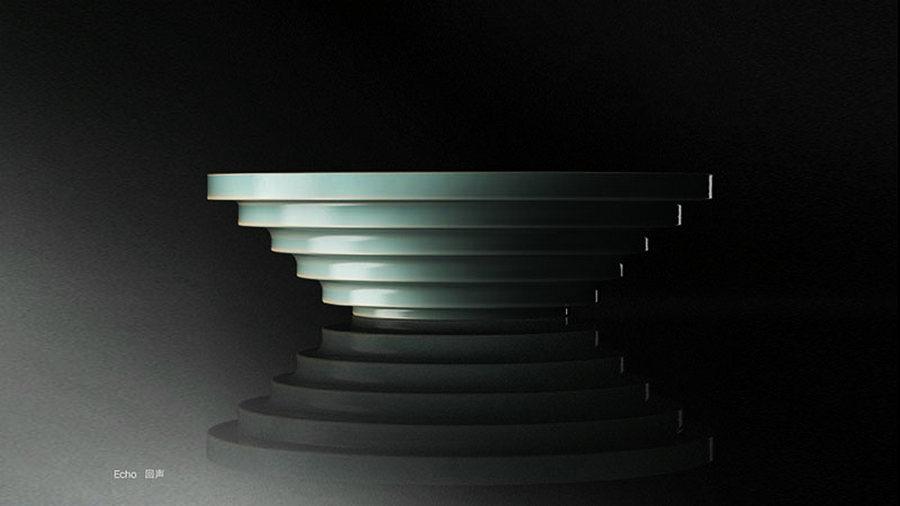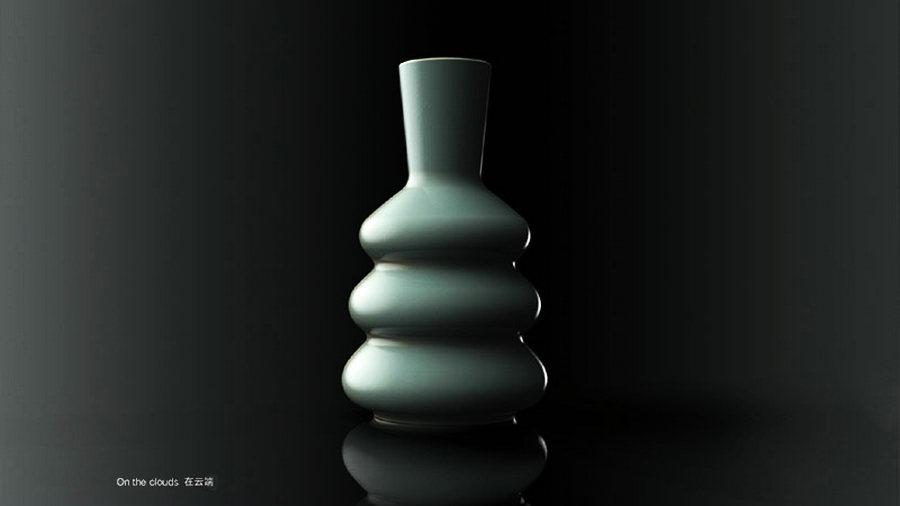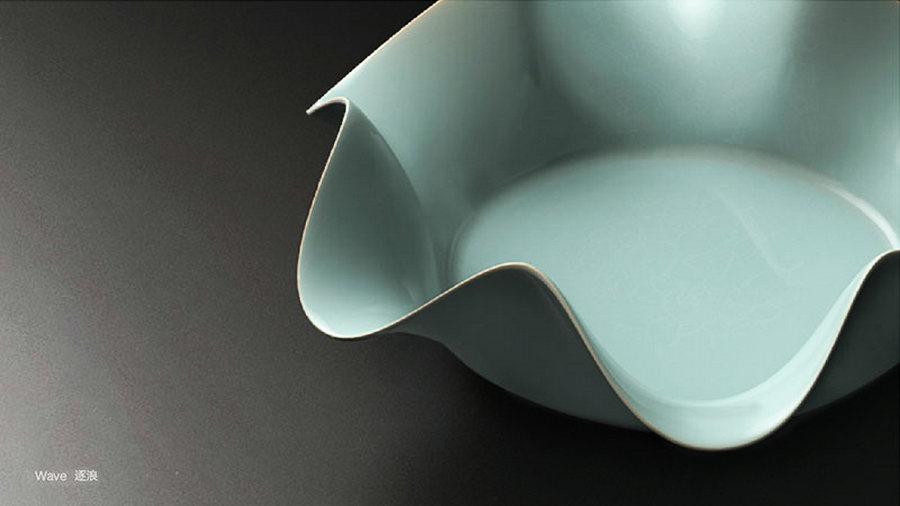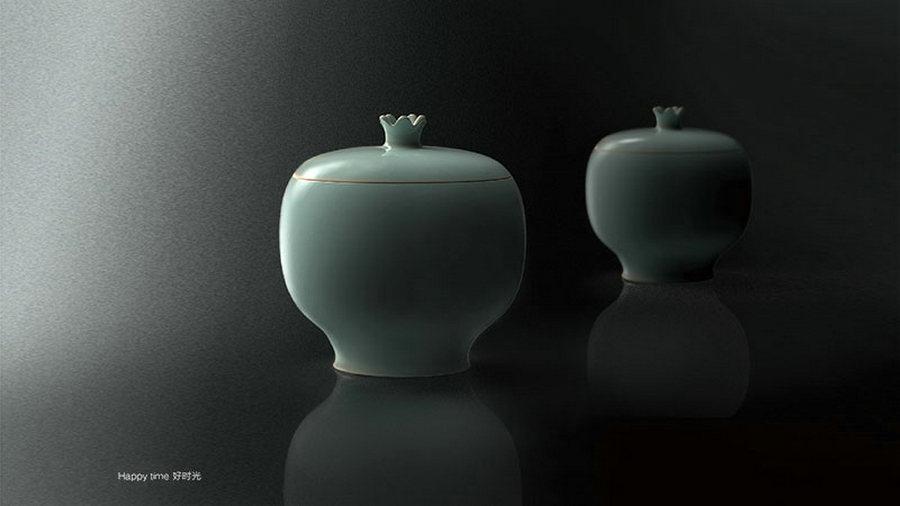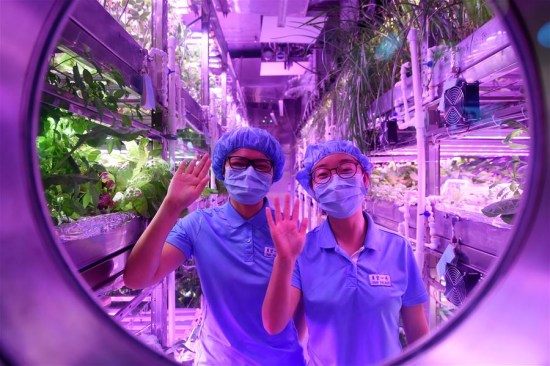
A Ru porcelain featured by the exhibition at the National Center for the Performing Arts, Beijing, Oct. 30. (Photo/chncpa.org)
A folk tale about the origin of Ru porcelain painted a beautiful picture at the National Center for the Performing Arts in Beijing on Monday.
One day, an emperor from the Song Dynasty (960-1276) dreamed of the color of sky after rain. When he woke up, he felt happy and ordered porcelain to be made in that color.
The emperor was Huizong, one of the greatest artists in Chinese history. The color in his dream, "sky blue" (tian qing), is a special color between blue and green. It later became the synonym of Ru porcelain.
Unfortunately, the making of these fine products didn't last long due to wars. Before 1952, only about 67 pieces of Ru porcelain were known to have survived in the world.
However, with the government support, diligent Chinese manufactures recreated these ceramic wares with beautiful blue and green colors again in 1983.
The making of Ru porcelain was listed in the third group of National Intangible Cultural Heritages in May 2011.
The showpieces are all from the city government of Ruzhou and intangible cultural heritage inheritors.
The event will run until Nov. 5.






